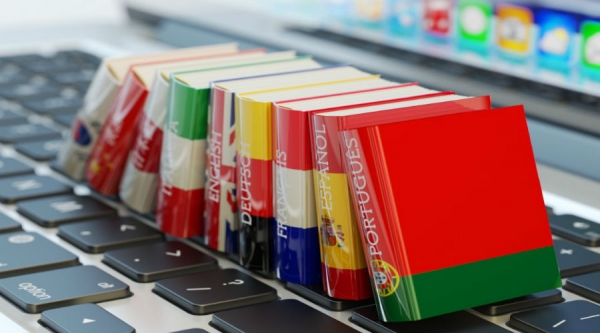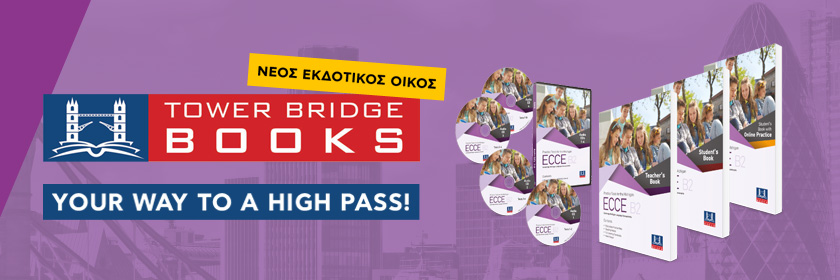They are, of course, great for looking up words and you will use them to teach dictionary skills, but there are also other great things you can do with these rather large volumes of words. Here are just a few ideas:
- Send your students on a Dictionary Scavenger Hunt. You can make one up yourself, or get this one for free.
- Play Speed Word Search. Give each student or pair of students a dictionary. When you call out a word, the student(s) must find the word as quickly as possible. The first person to call out the correct page number wins the round. This would be a good one to do in teams; everyone has his or her own dictionary, but the winner wins a point for the whole team rather than individually.
- Play Mystery Word. To play this game, give a series of clues. As students hear the clues, they look for the word in the dictionary until they have narrowed it down to just one. For Example: I begin with the fourth letter of the alphabet. My second letter is an “o.” I am three syllables long. I come before “dog” in the dictionary. My last letter is “t.”
- Play Dictionary Dig. This game is similar to Mystery Word in that you give clues and the students look for a word. The difference is that the clues are broader, and many words could be a correct answer. This one is fun because students enjoy finding more than one word to fit the clues and sharing their words with each other. Example: Find a word that begins with “s,” is two syllables long, has double letters, and is an adjective. You can get a set of 30 Dictionary Dig Task Cards here.
- Collect New Words. Have each student keep a notebook of new words. This is a nice activity to do daily or a few times a week. It is also good for handwriting practice. Each day, each student finds a word in the dictionary that he does not know. He then writes the word, the definition, and an original sentence using the word in his notebook. An illustration would make a nice addition. Have students share their words with at least one other person.
- Make Up New Words. Ask each student to make up a new word and a definition. Have each student write his or her word and definition on a Post-It, and put the Post-It in the appropriate place in the dictionary. Make a class list of the new words and their definitions. Challenge the class to use the words in everyday conversation. This, of course, would go beautifully with the book Frindle by Andrew Clements.
- Estimate and Measure. Have the students stack all of the dictionaries into one tall tower. Invite each student to estimate how tall the tower is. Record guesses on the board. Measure the tower and see whose answer was the closest. You could also do a similar activity by lining them up end to end across the classroom.
- Line Them Up Like Dominoes. Probably not the best use for your classroom dictionaries…but it would be fun! There is probably some clever way to make it into a physics lesson.








